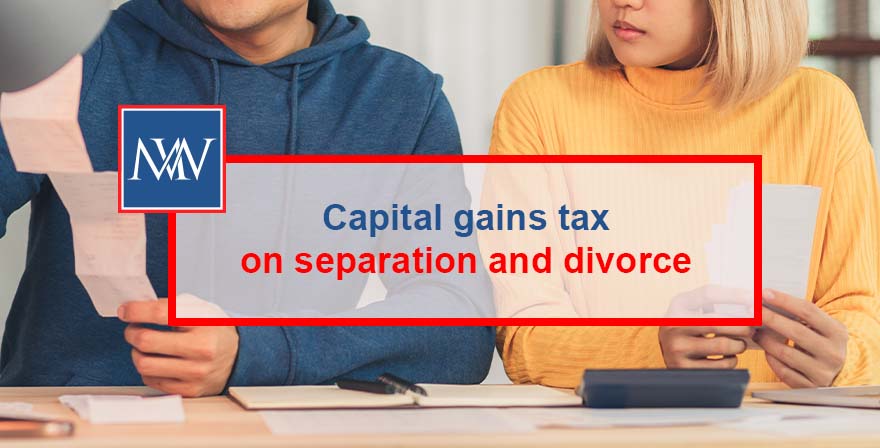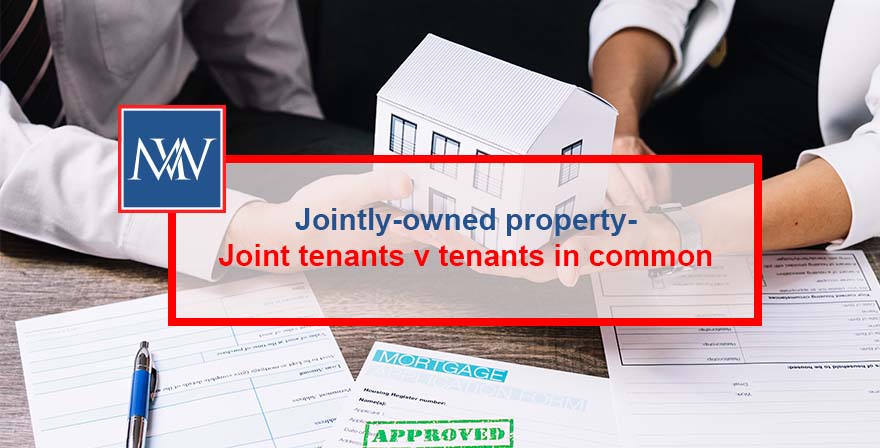Full expensing for companies
The super-deduction, which allowed companies to claim an immediate deduction of 130% of their qualifying expenditure, came to an end on 31 March 2023. It was replaced with full expensing. As with the super-deduction, unincorporated businesses cannot benefit from full expensing (although the Annual Investment Allowance (AIA) will secure a 100% deduction for qualifying expenditure
Learn More








